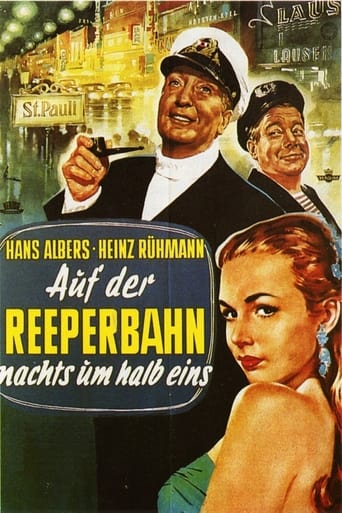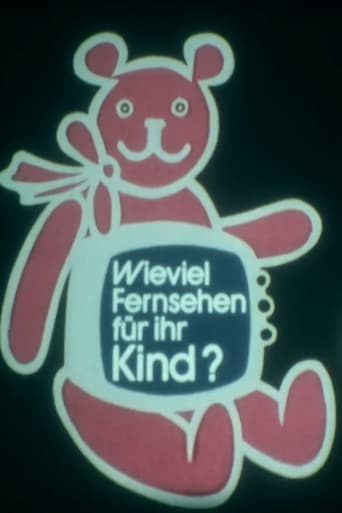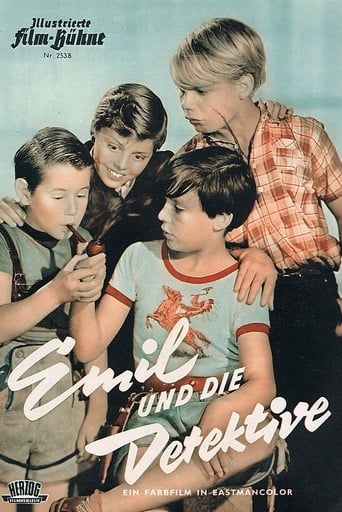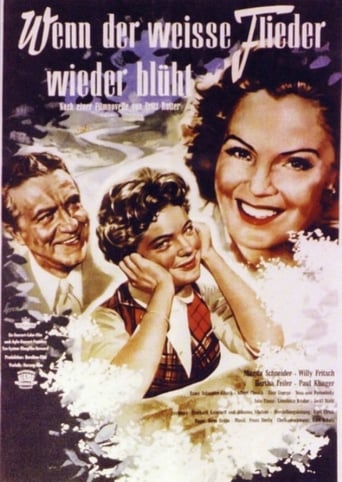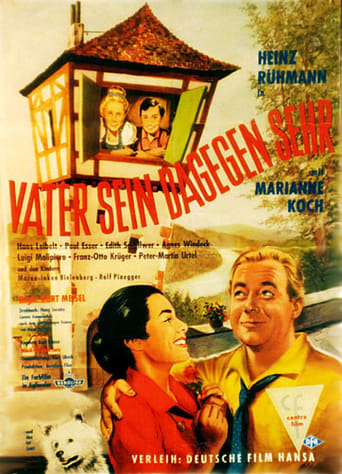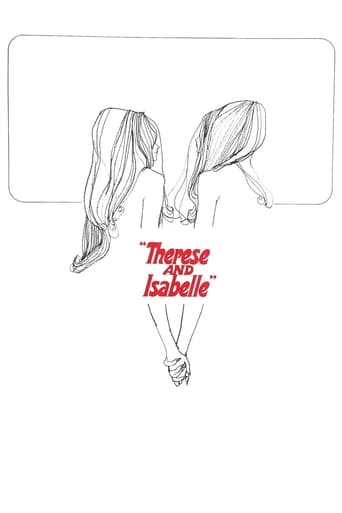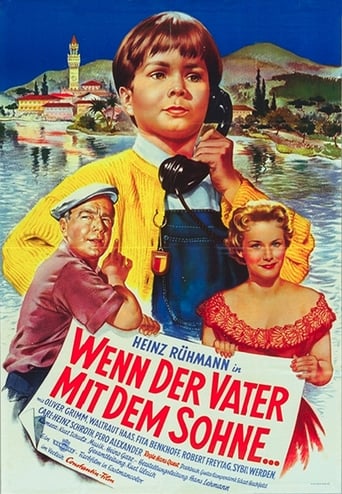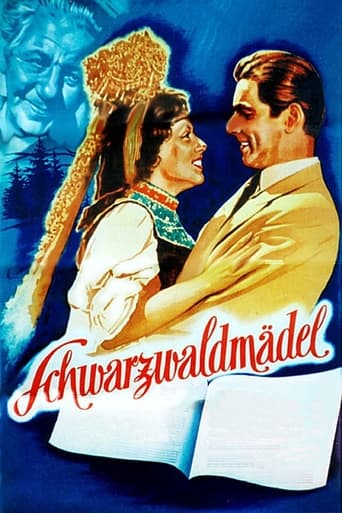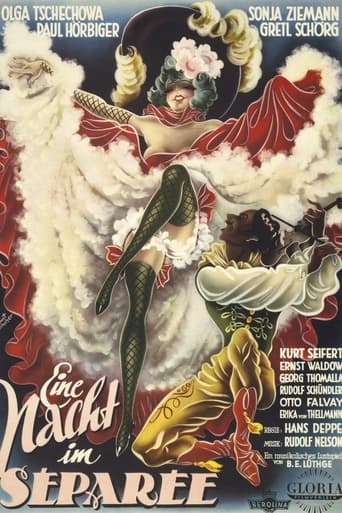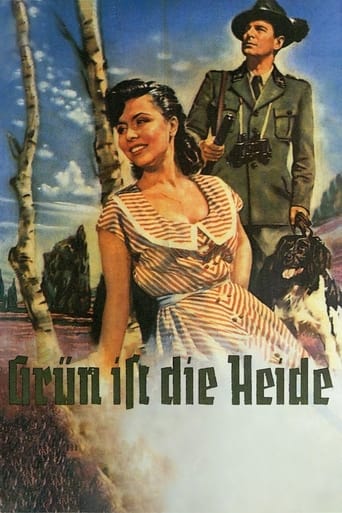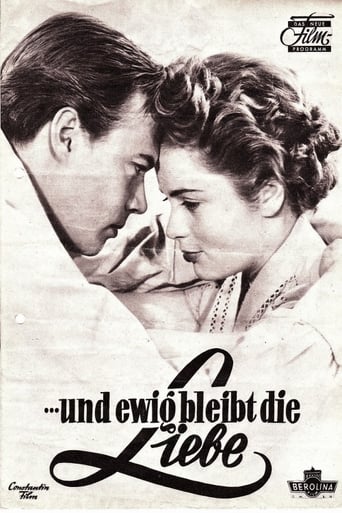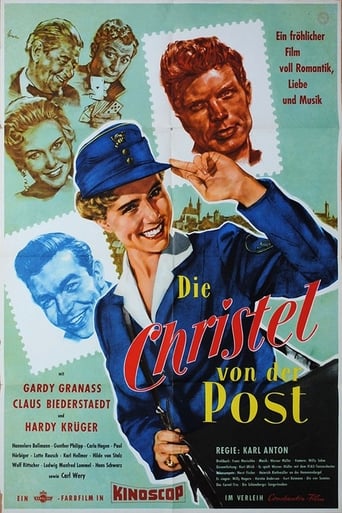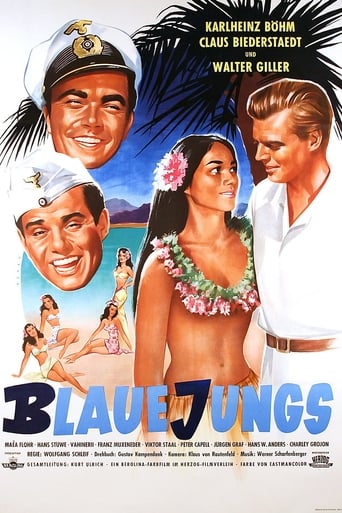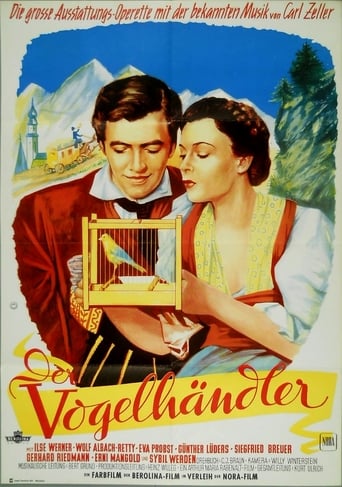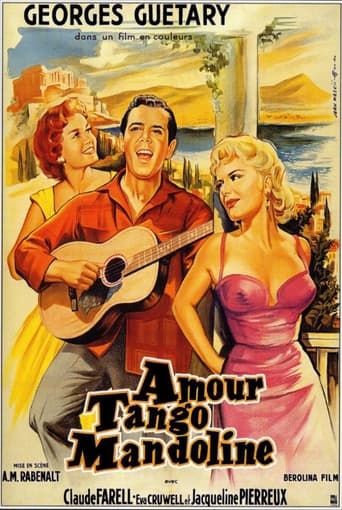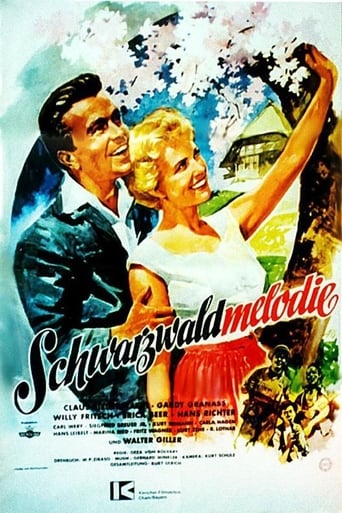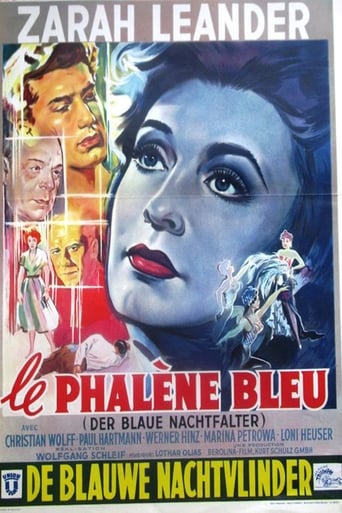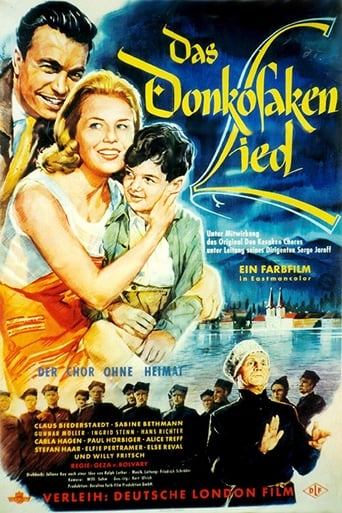After the death of his mother, little Peter lives with his great sister Helga at his adoptive father Professor Hartmann. Peter is seriously ill, can not get upset and therefore also on the advice of his doctor Heinz Stark no more music. Even his revered Donkosaks , who remember him with their songs to his Russian mother, can no longer listen to him on the radio. It is all the more pleasing to him when the choir, during a tour with their conductor Serge Jaroff and their manager Rolf Bender, has an autopanne near his home. While Chauffeur Karl repairs the bus, Peter sings the choir's title The Evening Star, glowing us two - a song of his mother, which the choir has never heard before.
